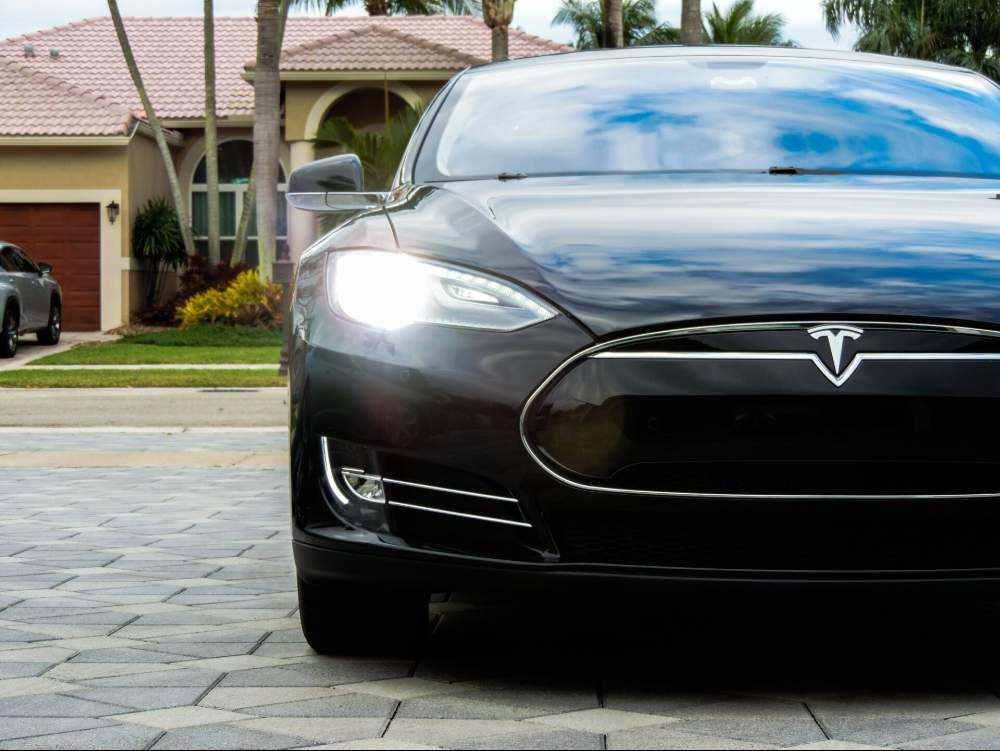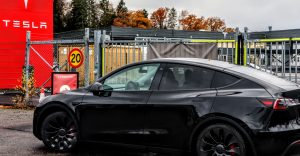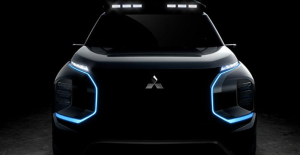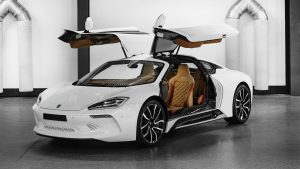Oto Gomes, a Tesla Model S owner, recently made the decision to part ways with his electric vehicle.
Others are reading now
The primary reason? The car’s inability to handle extreme weather conditions, particularly the scorching heat of Arizona’s desert.
Gomes had been a proud Tesla owner for four years, but his enthusiasm waned as he encountered repeated issues with the vehicle’s performance in high temperatures. Living in the desert of Arizona, where temperatures can soar, Gomes found that his Tesla Model S struggled to cope. On one particularly hot day, with temperatures reaching 48°C (118°F), he discovered that his car simply wouldn’t start. “Teslas are terrible in extreme weather conditions,” Gomes lamented.
But the heat wasn’t the only issue. Gomes also shared with his TikTok followers another incident where he was locked out of his Tesla. The culprit? Extremely cold weather that rendered the car doors inoperable.
These experiences have left Gomes questioning the practicality of electric vehicles in regions with extreme weather. And he’s not alone in his skepticism. Mariel Garza, another former electric vehicle owner, echoed similar sentiments. While she appreciated the benefits of her electric car, she found it “too cumbersome to live with.”
Also read
Interestingly, a recent study from Harvard has also cast doubt on the widely held belief that electric vehicles are the ultimate eco-friendly transportation solution. The study suggests that electric cars might not be as green as many assume.
In the world of electric vehicles, where innovation and technology are at the forefront, it’s essential for manufacturers to address these real-world challenges. As the market for electric cars continues to grow, ensuring their reliability and performance in all conditions will be crucial.
While Gomes’ experience might be a cautionary tale for potential electric vehicle buyers, it also serves as a reminder for manufacturers. As the push for sustainable transportation continues, addressing these challenges head-on will be vital for the future success of electric vehicles.
data-video-id="6718335390845095173" style="max-width: 605px;min-width: 325px;" >Loading…








